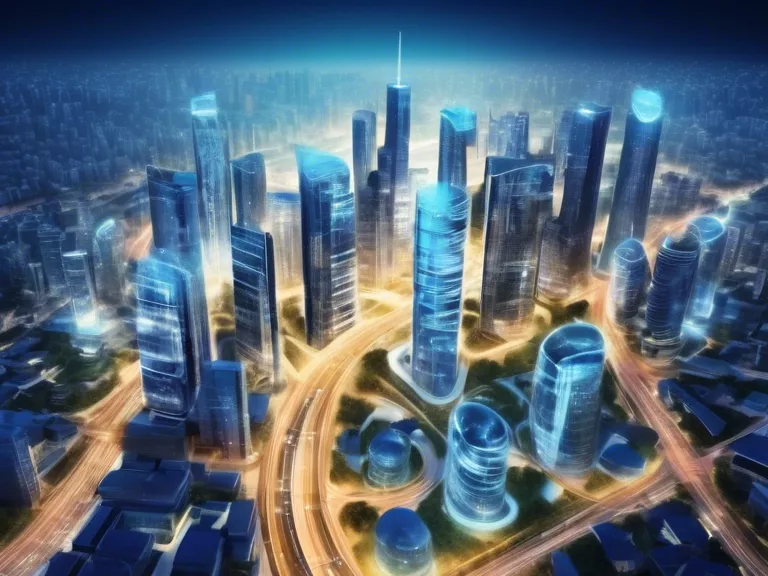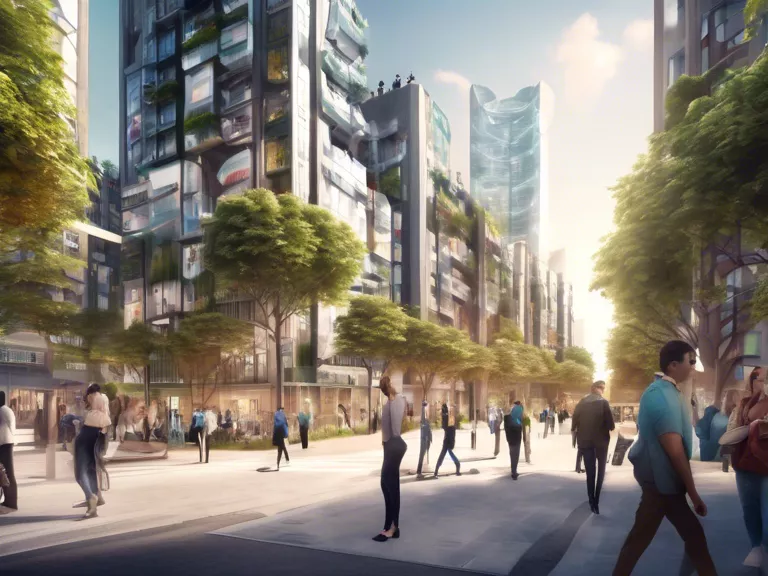
Introduction
Smart cities are the way of the future, utilizing technology and innovation to improve the quality of life for residents. From sustainable energy solutions to efficient transportation systems, cities around the world are implementing innovative solutions to address the challenges of urbanization. In this article, we will explore some of the most cutting-edge technologies and strategies being used to create smart cities of the future.
Sustainable Energy Solutions
One of the key components of a smart city is the implementation of sustainable energy solutions. Renewable energy sources such as solar, wind, and hydro power are being harnessed to reduce reliance on fossil fuels and decrease carbon emissions. Smart grids are also being developed to optimize energy distribution and consumption, leading to a more efficient and reliable energy supply.
Efficient Transportation Systems
Smart cities are revolutionizing transportation with the introduction of autonomous vehicles, electric buses, and bike-sharing programs. These innovations not only reduce traffic congestion and air pollution but also improve mobility and accessibility for residents. Integrated transportation systems that utilize real-time data and smart algorithms are making it easier for people to get around the city quickly and conveniently.
Intelligent Infrastructure
The integration of Internet of Things (IoT) technology into city infrastructure is transforming how cities operate. Smart sensors and devices are being used to monitor and manage everything from traffic flow to waste collection. By collecting and analyzing data in real-time, city officials can make informed decisions to improve efficiency, safety, and quality of life for residents.
Data-driven Decision Making
Data analytics plays a crucial role in the development of smart cities. By collecting and analyzing vast amounts of data, city planners can gain valuable insights into urban trends and patterns. This allows them to make data-driven decisions that optimize resource allocation, improve service delivery, and enhance overall urban planning.
Citizen Engagement
Engaging citizens in the development of smart cities is essential for creating inclusive and sustainable urban environments. Through digital platforms and mobile apps, residents can provide feedback, report issues, and participate in decision-making processes. By involving citizens in the planning and implementation of smart city initiatives, cities can ensure that the needs and preferences of the community are taken into account.
Conclusion
Innovative solutions are driving the transformation of cities into smart, sustainable, and livable urban centers. By harnessing the power of technology and data, cities can address pressing challenges such as climate change, urbanization, and resource scarcity. As we look towards the future, it is clear that smart cities will play a key role in shaping the way we live, work, and interact with our environment.

